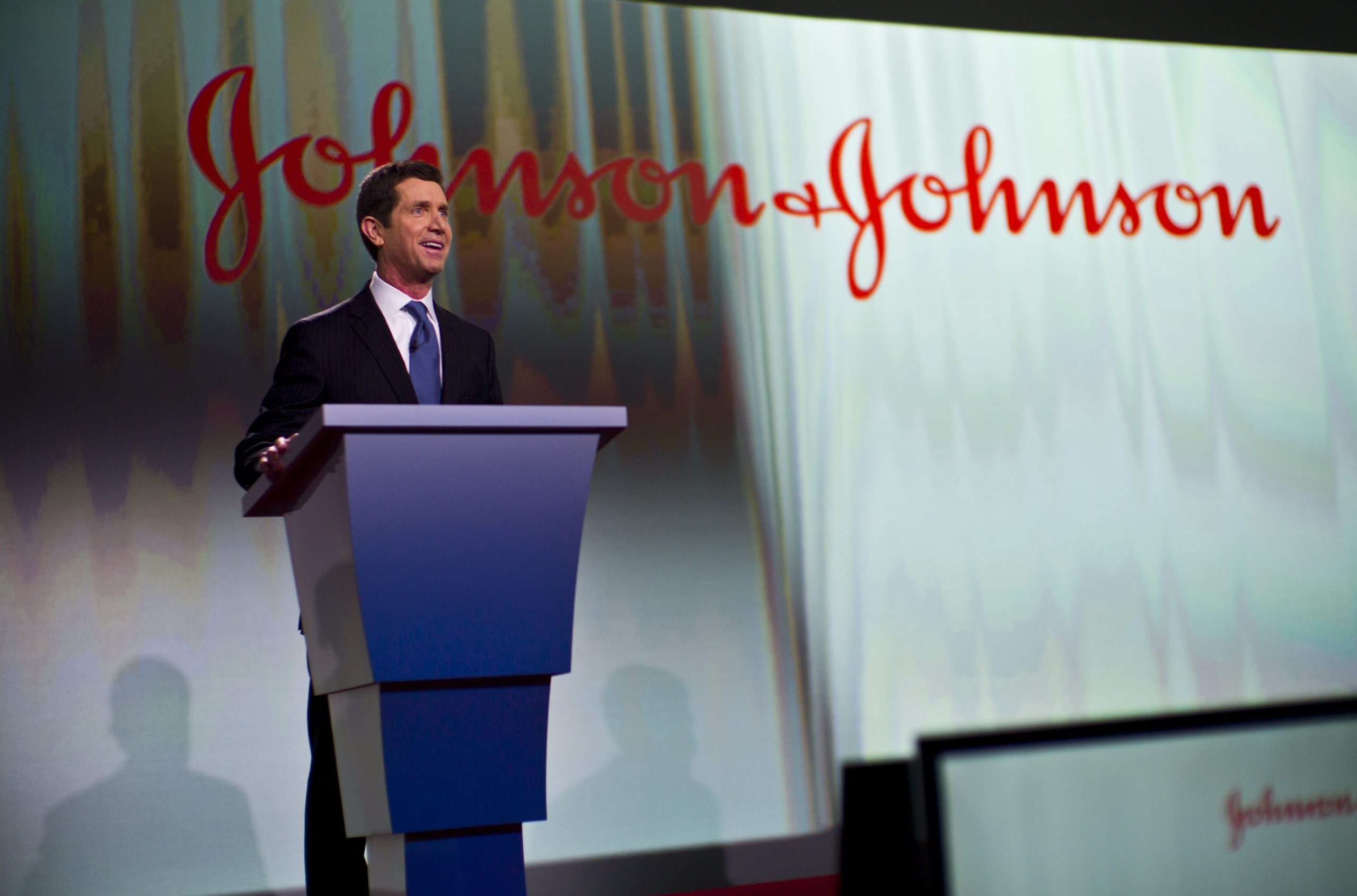EU regulators back J&J's Zytiga in early prostate cancer use

European regulators have recommended Johnson & Johnson’s Zytiga prostate cancer drug in a key new use earlier in the disease, which could see it gain traction against Pfizer’s rival, Xtandi.
The European Medicines Agency’s CHMP regulatory committee recommended broadening the licence for Zytiga to include use in an early stage of prostate cancer.
Following the nod from the CHMP, the European Commission is likely to recommend Xytiga (abiraterone) plus prednisone/prednisolone in combination with androgen deprivation therapy, in men with newly diagnosed high-risk metastatic hormone-sensitive prostate cancer (mHSPC).
J&J’s pharmaceuticals unit Janssen last month filed a dossier with the US FDA, to support a label extension for Zytiga to include mHSPC.
Analysts say that the new use could give Zytiga a competitive edge over Xtandi (enzalutamide), which Pfizer acquired through its $14 billion acquisition of Medivation just over a year ago.
Sales of Zytiga are slipping, and fell 7.2% to $558 million in the second quarter compared with the same period last year.
This is thought to be due to competition from Xtandi, which has the advantage of being taken as a monotherapy, instead of as a combination therapy and has overtaken Zytiga in terms of prescription numbers.
But Zytiga’s advantage is that it can be used in a wider group of patients, in late-stage prostate cancer either before or after chemotherapy.
Meanwhile Xtandi is only approved for use after chemotherapy, and Zytiga's approval in another new indication by major regulators could significantly boost sales.
Zytiga’s potential new use comes from results from the LATITUDE study, which caused a stir when results showing the drug cut death risk by 38% in this patient group were announced at this year’s ASCO conference.
Analysts from Trefis have suggested that the new use for Zytiga could increase sales to $3-3.5 billion over the next six years or so. This puts Zytiga once again in the same ball park as Xtandi, which is expected to generate sales in the region of $4 billion by 2020 according to the most optimistic estimates.
J&J also received a further boost late last week when the FDA approved its Stelara (ustekinumab) for adolescents with moderate-to-severe plaque psoriasis.
Any new use for Stelara will help J&J compete in an increasingly competitive market, where Novartis’ Cosentyx has been gaining market share, although J&J’s next-gen drug guselkumab has been approved by the FDA is under review in Europe.












